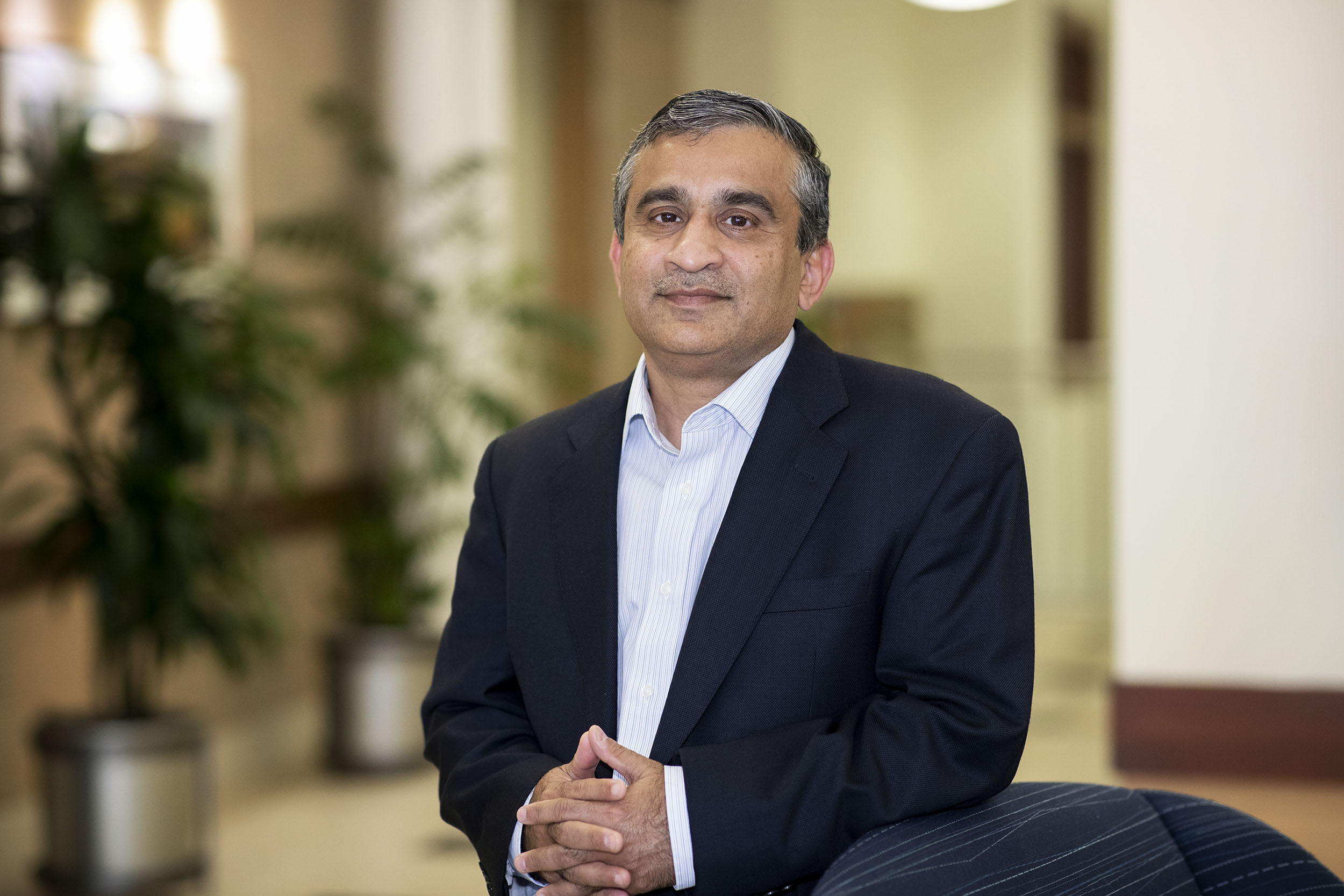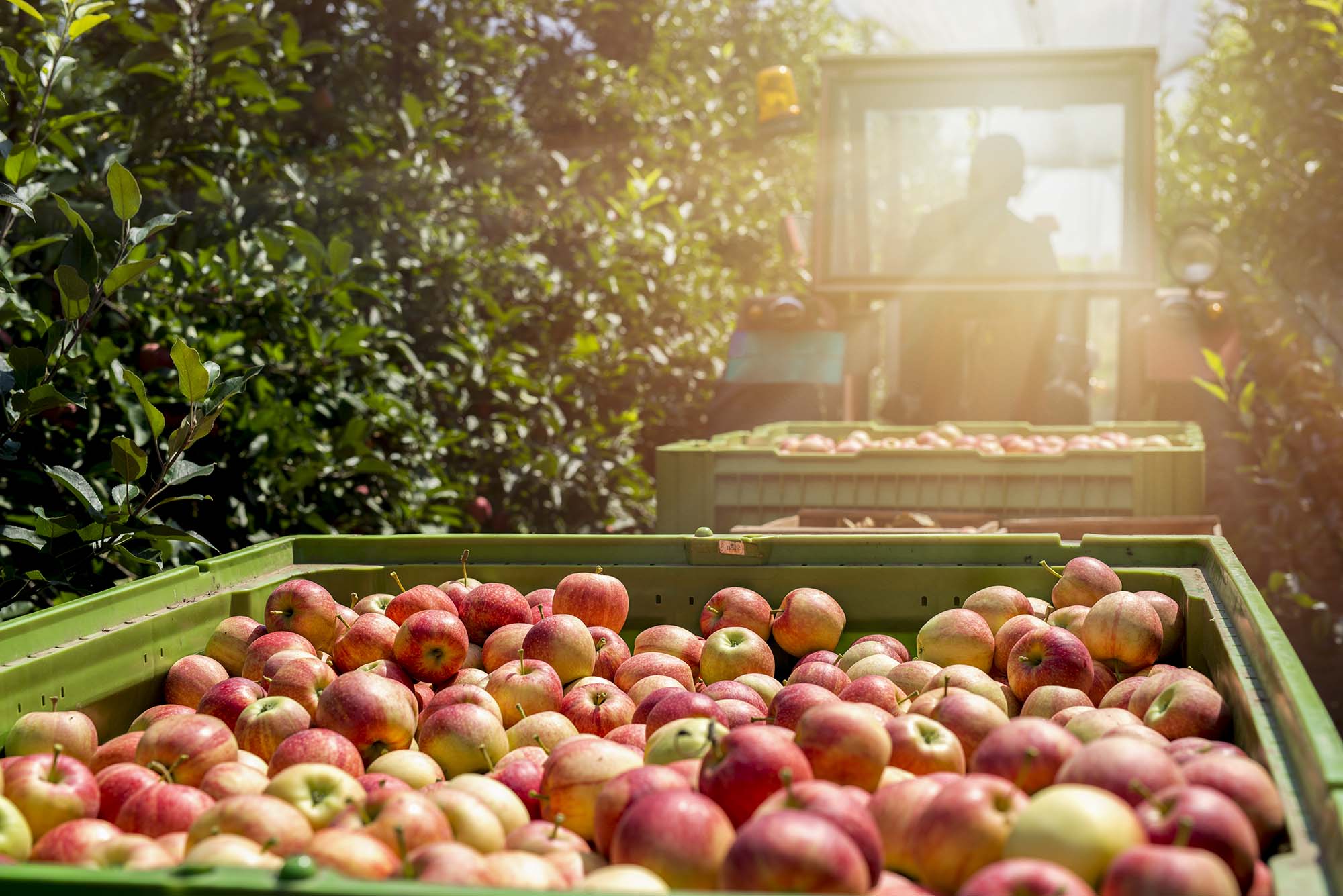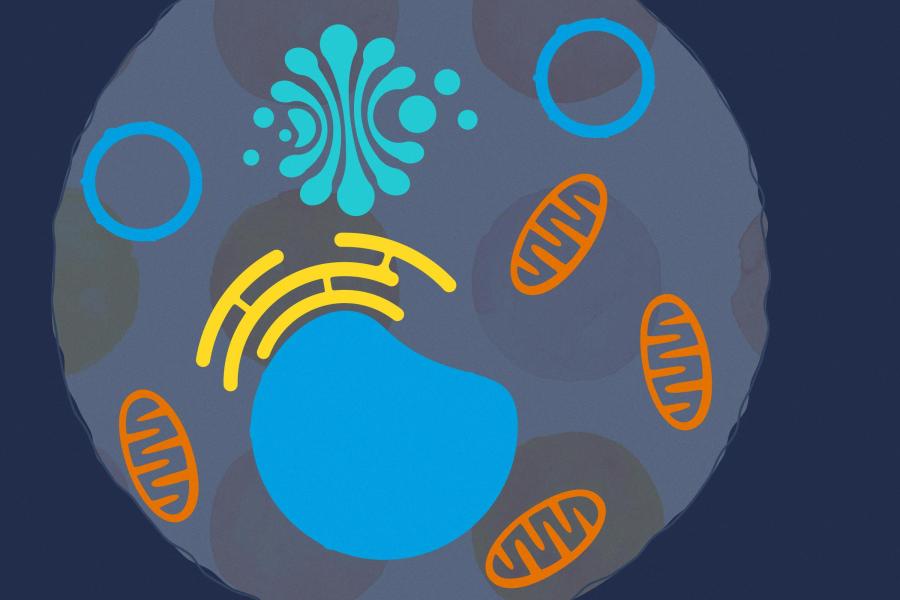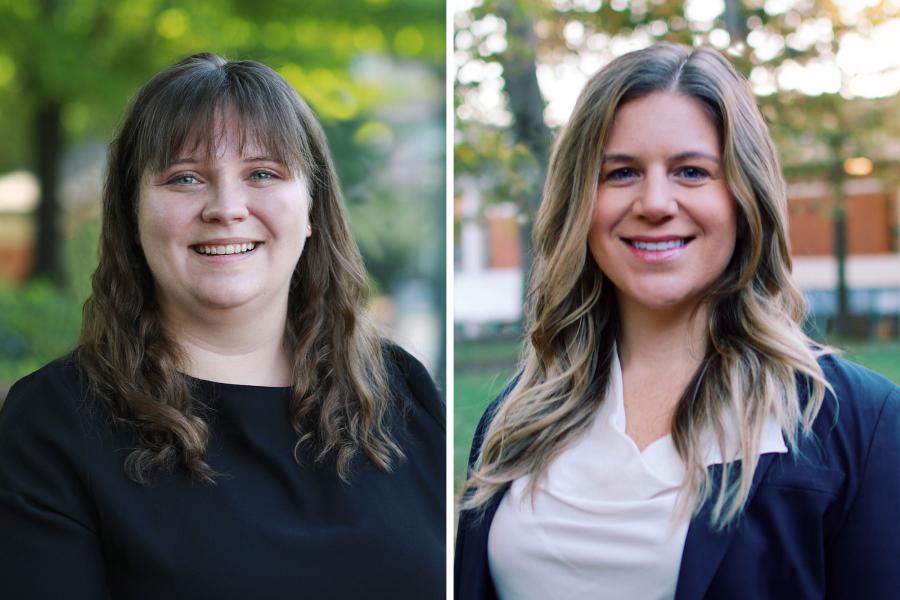Researchers at the University of Virginia’s Biocomplexity Institute are founding partners of a national research institute that will develop artificial intelligence-driven solutions for some of agriculture’s biggest problems: labor, water, weather and climate change.
The $20 million institute, called AgAID, includes UVA, seven other top research universities and two technology companies. It’s one of 11 launched by the National Science Foundation and among two the U.S. Department of Agriculture-National Institute of Food and Agriculture has funded so far in 2021. AgAID Institute is short for USDA-NIFA Institute for Agricultural AI for Transforming Workforce and Decision Support, and is led by Washington State University.
AgAID will be a multi-disciplinary, collaborative institute involving faculty and scientists with expertise on a diverse range of areas in computer science, agriculture and agricultural outreach. In addition to UVA and Washington State, the institute members include Oregon State University; University of California, Merced; Carnegie Mellon University; Heritage University; Wenatchee Valley College; and Kansas State University. Private-sector partners include IBM Research and the start-up innov8.ag.
The UVA team is led by Madhav Marathe, professor in the School of Engineering’s Department of Computer Science and director of the Network Systems Science and Advanced Computing division at the Biocomplexity Institute. Marathe’s research team comprises experts who will contribute by developing rigorous AI techniques using state-of-the-art supercomputers. In addition to Marathe, the team includes researchers Samarth Swarup, Abhijin Adiga, Anil Vullikanti, S.S. Ravi, Mandy Wilson, Joshua Goldstein and Sarit Kraus, a visiting professor and professor of computer science at the Bar-Ilan University in Israel. Vullikanti is also a professor of computer science at UVA Engineering.
“Our team-science approach to tackling complicated problems in the world today will allow us to unravel the complexities of achieving more sustainable agricultural systems,” Marathe said. “The problems the AgAID Institute will address are great examples of biocomplexity, in that they involve people, farms, climate, genomics, pests and other factors that, taken singularly, simply cannot provide the full picture to underlying issues; however, studied together, as one complex system, we will be able to gain valuable insights to solving this puzzle and providing solutions to decision-makers.”
In the western United States, agriculture is a multibillion-dollar industry, accounting for more than 300 crop varieties. Farmers and policymakers in that region struggle with up-and-down profits, major crop loss and poor crop quality owing to several challenges, including increased labor costs, a shortage of skilled workers, weather and production uncertainties, and water scarcity. Better technology could help them navigate these obstacles, leading to more sustainable agriculture. For example, the recent heat wave and extreme drought in the western United States shows the urgency for managing crop varieties and making efficient use of water.

The UVA team is led by computer science professor Madhav Marathe, director of the Network Systems Science and Advanced Computing division at the Biocomplexity Institute. (Photo by Dan Addison, University Communications)
“While AI is expected to be a key driver in addressing these challenges, AI capabilities must be significantly expanded and will especially need to account for human input and human behavior – calling for a strong AI-Ag coalition that addresses challenges while creating new opportunities to achieve sustained innovation and more resilient food supply systems,” Marathe said.
The team will combine techniques in network science and agent-based simulations to develop innovative solutions for water and farm management problems. A key focus is to develop AI-based methods that are explainable and take into account emerging issues related to fairness and ethics.
“The UVA Biocomplexity Institute has strong experience with interdisciplinary research programs and a proven track record of addressing complex challenges using innovative AI solutions,” said Melur K. Ramasubramanian, UVA’s vice president for research. “Over the past 18 months, the Biocomplexity Institute team has modeled scenarios to help governments and the global research community understand and mitigate the spread of COVID-19. Their expertise in simulating scenarios of complex situations and producing high-tech tools will be extremely beneficial in achieving the goals of the new AgAID Institute.”
While traditional AI development involves scientists making tools and delivering them to end-users, the AgAID Institute will involve the people who will use the AI solutions – from farmers and workers to policymakers – in their development, said Ananth Kalyanaraman, a Washington State computer science professor and the lead principal investigator for the new institute.







.jpg)


